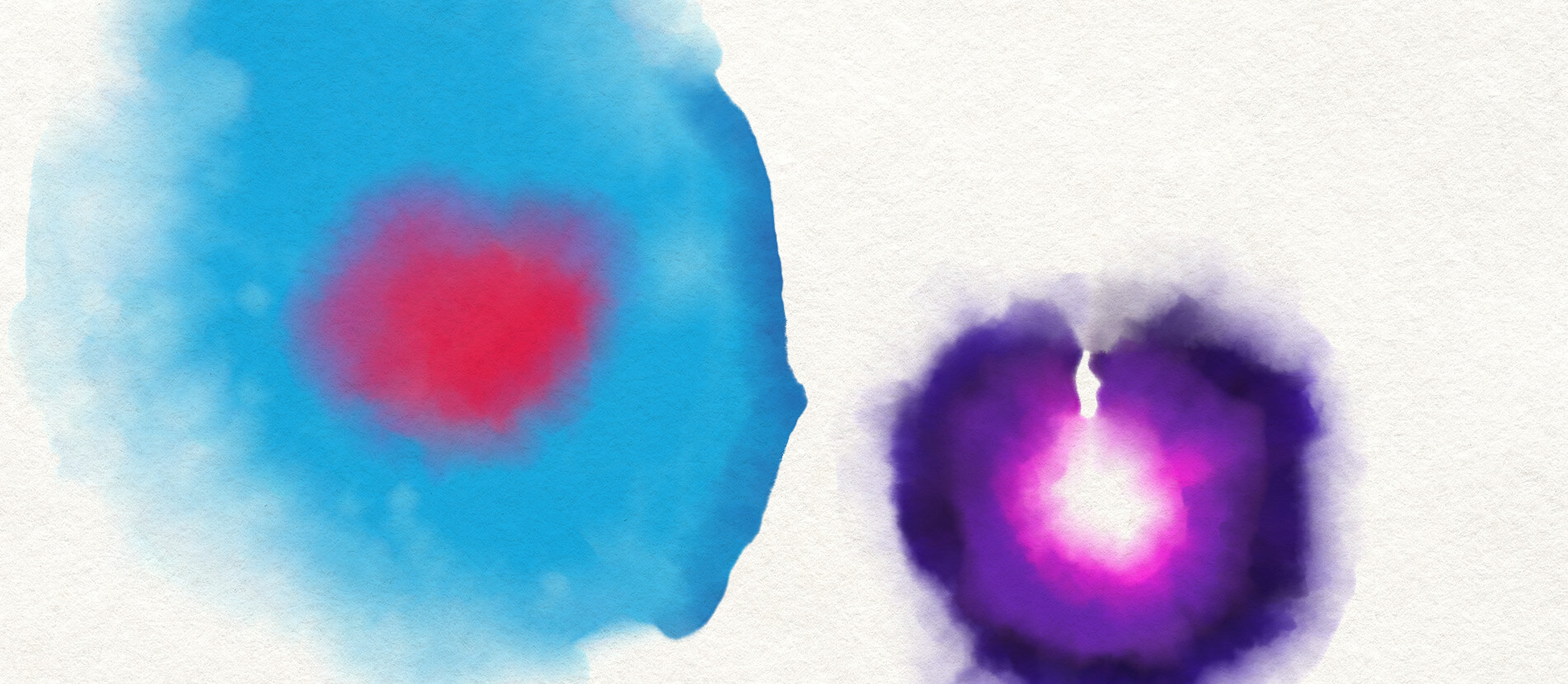Biotage AB and McMaster University sign two year extension to Molecular Imaging Development Agreement
Biotage AB and McMaster University sign a two year extension to molecular imaging Development Agreement. McMaster University has successfully completed the first year research agreement, with a key journal publication and several technical presentations.
"We used the Biotage Initiator Microwave synthesis system, chromatography cartridges to prepare a range of Carborane Cage structures labeled with rhenium and technetium (Tc99c), the currently most used radionuclide in diagnostic medicine. We reported an 85% reduction in synthesis time and 26% gain in decay corrected yield, when compared to the traditional synthesis methods. The speed, purity and flexibility of this approach will drive the development of a new generation of novel molecular imaging agents." Dr. John F. Valliant, Associate Professor of Chemistry and Medical Physics and Acting Director of McMaster Institute of Applied Radiation Sciences (McIARS) stated.
Based on the success of this first phase, both parties have agreed to a 2-year extension of the work at McMaster. Valliant reports, "The next research phase will expand microwave synthesis to a broader range of radionuclides and probes used in the PET imaging and as therapeutic agents."
Other news from the department science

Get the life science industry in your inbox
By submitting this form you agree that LUMITOS AG will send you the newsletter(s) selected above by email. Your data will not be passed on to third parties. Your data will be stored and processed in accordance with our data protection regulations. LUMITOS may contact you by email for the purpose of advertising or market and opinion surveys. You can revoke your consent at any time without giving reasons to LUMITOS AG, Ernst-Augustin-Str. 2, 12489 Berlin, Germany or by e-mail at revoke@lumitos.com with effect for the future. In addition, each email contains a link to unsubscribe from the corresponding newsletter.
Most read news
More news from our other portals
See the theme worlds for related content
Topic World Chromatography
Chromatography enables us to separate, identify and thus understand complex substances. Whether in the food industry, pharmaceutical research or environmental analysis - chromatography opens up a treasure trove of information about the composition and quality of our samples. Discover the fascinating world of chromatography!

Topic World Chromatography
Chromatography enables us to separate, identify and thus understand complex substances. Whether in the food industry, pharmaceutical research or environmental analysis - chromatography opens up a treasure trove of information about the composition and quality of our samples. Discover the fascinating world of chromatography!




















































